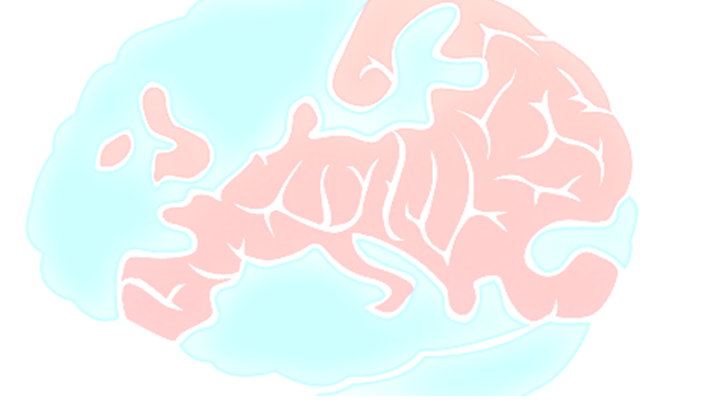
by Ekaterina Dimitrusheva. Originally published on 2013/12/22
At the end of 2013 the European Union is a strong and attractive global partner, and its combined economy still is the largest in the world. Therefore the negotiations over the prospective Transatlantic Trade and Investment Partnership (TTIP) between the EU and the United States are moving steadily forward. At the same time EU enlargement continues through association agreements with Georgia and Moldova signed in November, and the accession of Croatia as a member state in July. Next in line for membership are Serbia, Iceland, Montenegro, Albania, Kosovo, Bosnia-Herzegovina and even Turkey.
Nevertheless, regional differences within the EU cannot be denied. For example, post-communist states that received EU membership in 2007, such as Bulgaria, are still having difficulties with corruption, organized crime and rule of law. Moreover, the level of development in Bulgaria is still significantly lower than that in other EU countries. According to World Bank statistics, the 2012 nominal GDP per capita for Bulgaria and Belgium are €6,986 and €43,413 respectively.
All this gives food for thought about the internal situation of the ever changing European Union and its external relations. This article sheds some light on the perspective of Bulgaria, as one of the least developed EU members, on the transatlantic partnership. It is true that some of the greatest advantages of the TTIP are the trade opportunities it provides. However, according to US Trade Representative M. Froman, lack of stable regulatory and institutional systems are more likely to lead to “the illusion of inclusion, but not meaningful participation”.
Generally speaking, the TTIP is expected to have positive effects on the economies of both the EU and the US. It would ease regulations and thus increase the flow of trade and investment, decrease unemployment and reduce costs mainly for small and medium enterprises (SEM). It is more than obvious that both the EU and the US need each other’s support in view of the rising power of the BRIC countries. Moreover, the TTIP is a perfect tool for setting global trade standards in favour of the two partners.
Where is Bulgaria in the picture? On October 2013, the American Chamber of Commerce in Bulgaria hosted the conference “The Transatlantic Economic Cooperation for Competitiveness and Growth”. It was discussed that Bulgaria currently offers low corporate taxes, financial stability and strategic territory to the numerous companies outsourcing in it. Additional foreign direct investments (FDI) can significantly boost the economy and increase the standards of living. However, there are some challenges for Bulgaria in taking advantage of the TTIP. Judicial unpredictability, corruption and organized crime are stopping foreign investors from establishing their businesses in the country. Moreover, “it may be extremely hard for states that suffer from strong structural problems to take advantage of the new open markets. The worst is that once markets are opened, coordination and regulation becomes very difficult.” (T. Donchev, MP, National Assembly of Republic of Bulgaria). As a conclusion “Bulgaria first has to get the basics right” (J.Quinlan, Managing Director & Chief Marketing Strategist, U.S. Trust Bank of America).
Currently, Bulgarian citizens are also dissatisfied with the basics in the country . December 1st was the 171th day of protests in the year 2013. Thousands of citizens, including more than 15.000 students, have been engaged so far. They demand transparency, moral government and “resignation”. Nevertheless, an effective dialogue with the government is still missing. Something definitely smells like a crisis in the relationship between civil society and national government.
At the end of the day, it all comes to standards and their implementation. No doubt such implementation is to come from the outside, as well as from the inside. One may say all these issues are simply internal to Bulgaria. Yes, they are. But these are issues not only of the national Bulgarian institutional and regulatory system, but of the European systems too. After all, a chain is only as strong as its weakest link.
More about Bulgaria:
– 10 years from the day Bulgaria started EU accession negotiations.
More about the TTIP:
– Transatlantic Trade and Investment Partnership (TTIP)
– Problems, progress, and prognosis: the Transatlantic Free Trade and Investment Agreement
– Seven things that could derail a US-European free trade agreement
– The Guardian: This transatlantic trade deal is a full-frontal assault on democracy

 The ’Ndrangheta’s Infiltration and Threat to European Institutions
The ’Ndrangheta’s Infiltration and Threat to European Institutions  From Paper to Practice: How Grassroots Norms Undermine Gender Rights in Pakistan
From Paper to Practice: How Grassroots Norms Undermine Gender Rights in Pakistan  Exploited Childhoods: The Role of Global Corporations in Perpetuating and Mitigating Child Labour
Exploited Childhoods: The Role of Global Corporations in Perpetuating and Mitigating Child Labour  Human Rights Challenges in Addressing SLAPPs in Media, NGOs and Journalism in the EU
Human Rights Challenges in Addressing SLAPPs in Media, NGOs and Journalism in the EU 


